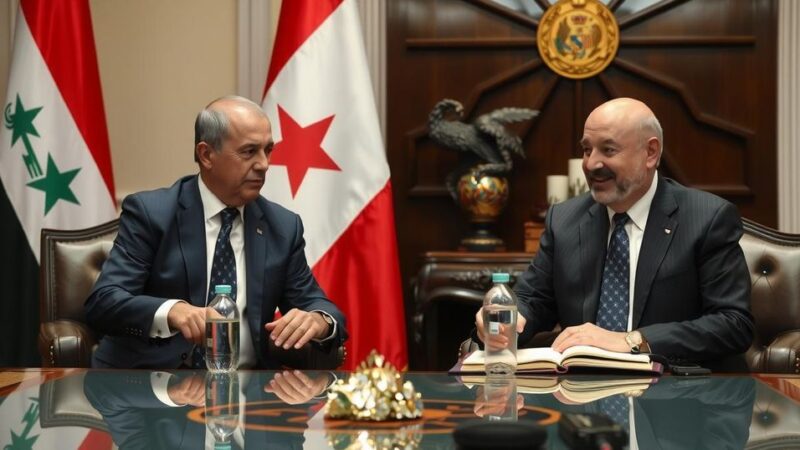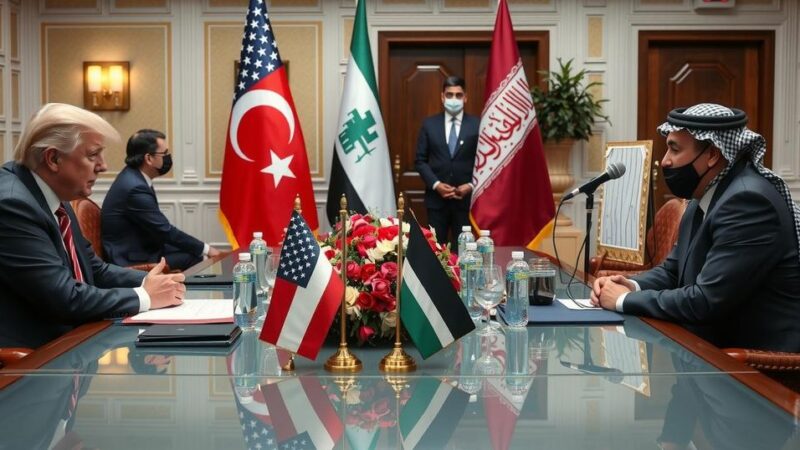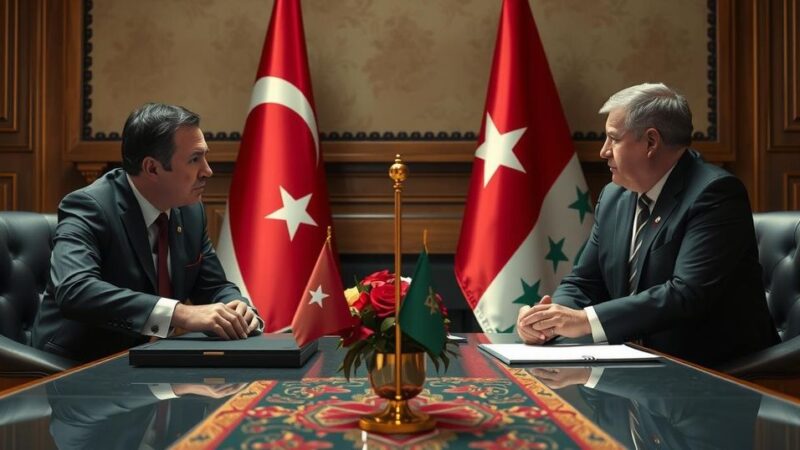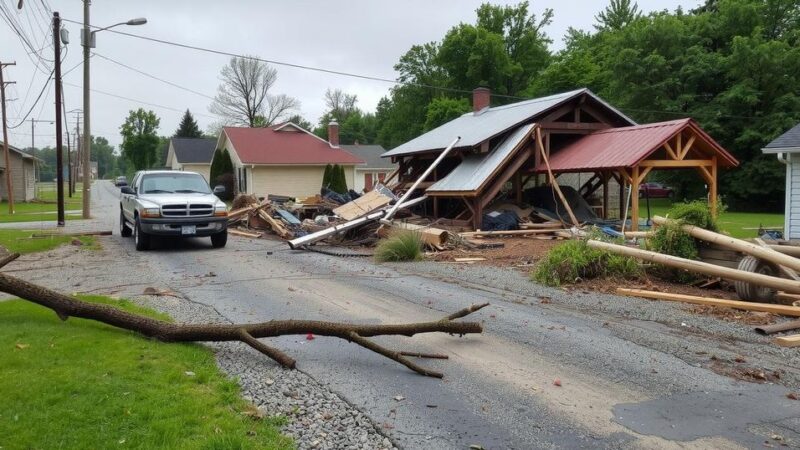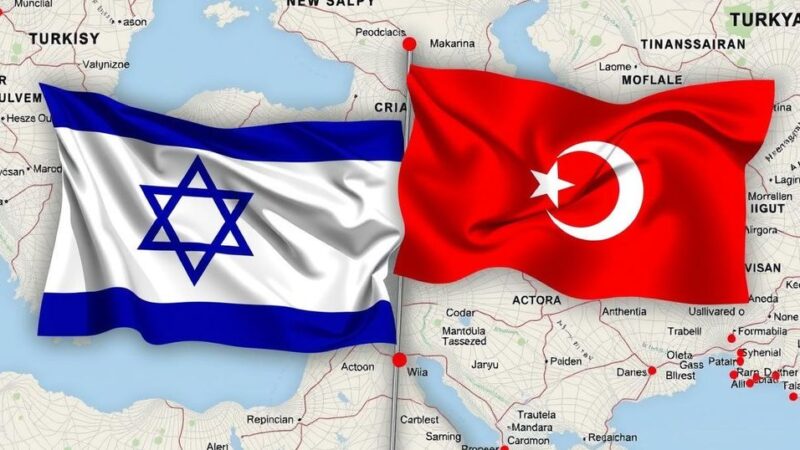The U.N. Security Council has extended the Kenya-led mission in Haiti until October 2, 2025, addressing growing gang violence since the assassination of President Jovenel Moïse in 2021. Although the mission aims to assist local police and restore order, it has faced challenges in troop numbers and funding, and there is resistance to transitioning to a formal U.N. peacekeeping operation.
The United Nations (U.N.) Security Council has unanimously voted to extend the mandate of a Kenya-led mission aimed at tackling the surge of gang violence in Haiti. This extension comes in the wake of a dramatic increase in violence following the assassination of President Jovenel Moïse in 2021, which has led to paramilitary groups controlling approximately 80 percent of Port-au-Prince. Local communities have responded by forming vigilante groups to reclaim their neighborhoods from these gangs. In response to a request from Haiti, the Security Council has authorized the Multinational Security Support Mission, which is led by Kenya and designed to assist the Haitian National Police in restoring security and paving the way for democratic elections. This mission has been endowed with temporary policing authority, including the power to arrest and detain individuals. On Monday, the Security Council adopted a resolution extending this mission until October 2, 2025, and urged for faster deployment while also encouraging additional voluntary support and contributions to strengthen the mission. U.S. Ambassador Linda Thomas-Greenfield stated that the voting result of 15-0 “sends a strong message to the people of Haiti: The world is standing with you. And we are unwavering in our efforts to help restore security and stability and put the country on the path to peace and stability.” Despite the extension, the decision does not address requests from Haitian officials to convert the Kenya-led operation into a formal U.N. peacekeeping mission. Notably, the resolution omitted a paragraph acknowledging a plea from Haitian leadership for discussions to initiate this transition, following objections from China and Russia, who have expressed concerns about the efficacy of past U.N. missions in Haiti. With the current mission comprising only around 400 Kenyan officers instead of the initially pledged 2,500 from various countries, there are significant worries regarding its sustainability and financial support. Ambassador Thomas-Greenfield noted the urgent need for increased financial contributions to support the operational longevity of the multinational force, while reiterating the call for a U.N.-funded peacekeeping presence. Although the United States has advocated for a more robust U.N. involvement, China and Russia have been resistant to transition the mission to peacekeeping at this juncture, citing underwhelming outcomes from previous endeavors. Nevertheless, Haitian officials, including Edgard Leblanc Fils, have acknowledged the ongoing efforts of the current multinational forces while underscoring the extensive work that remains to restore peace and security in Haiti.
The backdrop to the current situation in Haiti is stark, as gang violence has surged dramatically since the assassination of President Jovenel Moïse in July 2021. This political vacuum has led to a near total breakdown of law and order, with an increasing number of armed gangs exerting control over significant parts of the capital, Port-au-Prince. The escalation of violence has forced local communities to take matters into their own hands, forming vigilante groups as a defense against gang dominance. In light of these challenges, Haiti has sought international assistance, culminating in the approval of the Kenya-led Multinational Security Support Mission by the U.N. Security Council, which aims to bolster the Haitian National Police in their efforts to restore stability and prepare for elections.
In summary, the U.N. Security Council’s unanimous support for extending the mandate of the Kenya-led mission in Haiti reflects a global commitment to addressing the escalating gang violence that has plagued the nation since 2021. While the mission aims to assist in restoring security and preparing for democratic elections, significant challenges remain with inadequate troop numbers and financial support. The calls from Haitian leadership for a transition to a U.N. peacekeeping operation, however, have been sidelined, indicating a complex geopolitical landscape in addressing Haiti’s needs for long-term stability.
Original Source: www.newsweek.com



